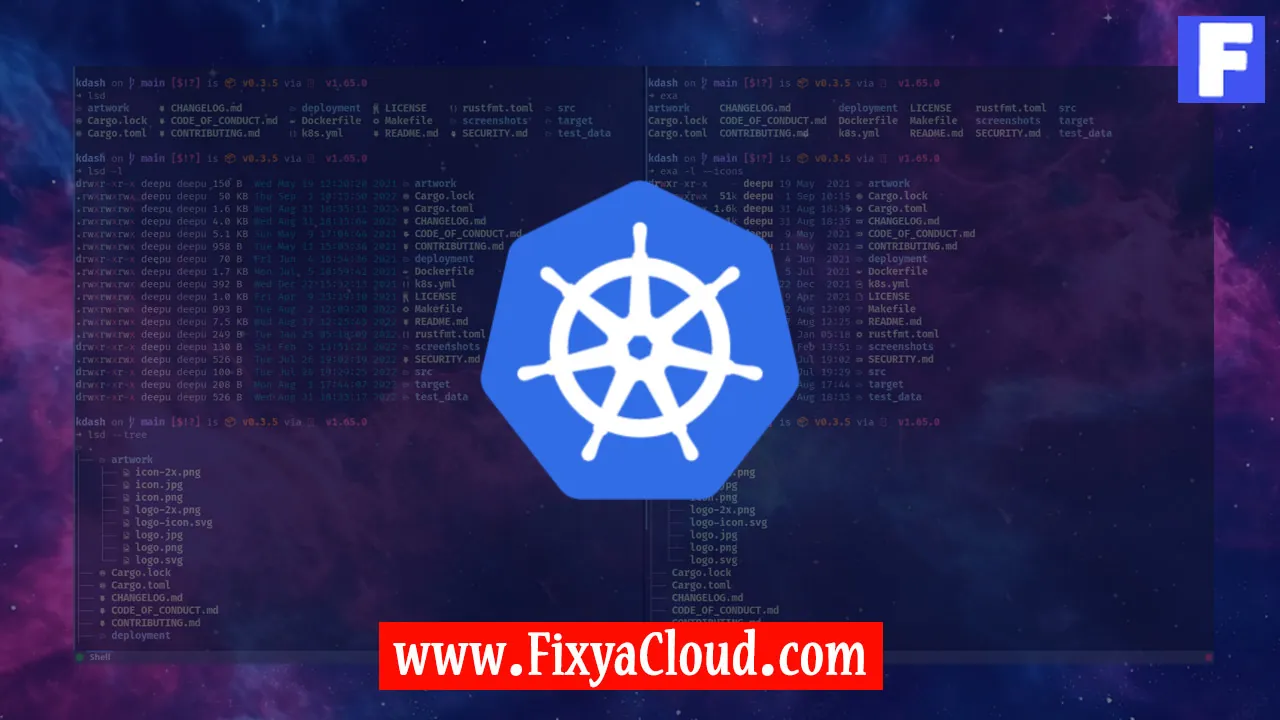Kubectl: Get Events and Sort By Time

In the intricate ecosystem of Kubernetes, understanding the health and status of your cluster is paramount. One essential tool in your Kubernetes toolkit is kubectl, a command-line interface that allows you to interact with your Kubernetes clusters. In this article, we'll delve into a specific aspect of kubectlâgetting events and sorting them by time. Efficiently analyzing events can be crucial for troubleshooting, monitoring, and maintaining the overall stability of your Kubernetes environment.
Understanding Kubernetes Events
Before diving into the kubectl commands, let's briefly understand what Kubernetes events are. In Kubernetes, events are informative messages that represent the state changes or occurrences within the cluster. These events can range from pod creations and deletions to node issues and resource constraints. By accessing and interpreting these events, administrators can gain valuable insights into the cluster's behavior.
The Basics: Using kubectl get events
The primary command for retrieving events in Kubernetes is kubectl get events. However, by default, this command doesn't sort the events by time, making it challenging to quickly identify the most recent occurrences.
To retrieve a list of events for the entire cluster, use the following command:
kubectl get events
Sorting Events by Time
To make the events more actionable, we need to sort them by time. Luckily, kubectl provides a handy flag for sorting, which is -o custom-columns. This flag allows us to specify custom columns for the output. We can use it to include the LAST SEEN column, which represents the time of the last occurrence.
Here's the command to get events sorted by time:
kubectl get events --sort-by='.lastTimestamp'
This command retrieves the events and sorts them based on the lastTimestamp field in ascending order. The events with the most recent timestamps will be displayed at the bottom.
Filtering Events by Namespace
In larger clusters with multiple namespaces, narrowing down the events to a specific namespace can be immensely useful. To achieve this, add the -n or --namespace flag followed by the namespace name.
kubectl get events --sort-by='.lastTimestamp' -n <namespace>
Replace <namespace> with the name of the desired namespace.
Advanced Filtering: Only Displaying Critical Events
In real-world scenarios, you might only be interested in critical events that require immediate attention. You can filter the events based on their type or severity using the --field-selector flag.
For example, to display only events with the type Warning, use the following command:
kubectl get events --sort-by='.lastTimestamp' --field-selector type=Warning
Summary
In this article, we've explored how to efficiently retrieve and sort Kubernetes events using kubectl. By incorporating sorting and filtering options, administrators can gain better visibility into their cluster's activities and address issues promptly.
Related Searches and Questions asked:
That's it for this topic, Hope this article is useful. Thanks for Visiting us.
